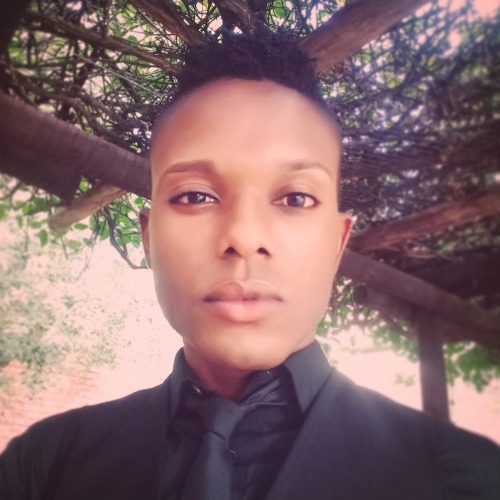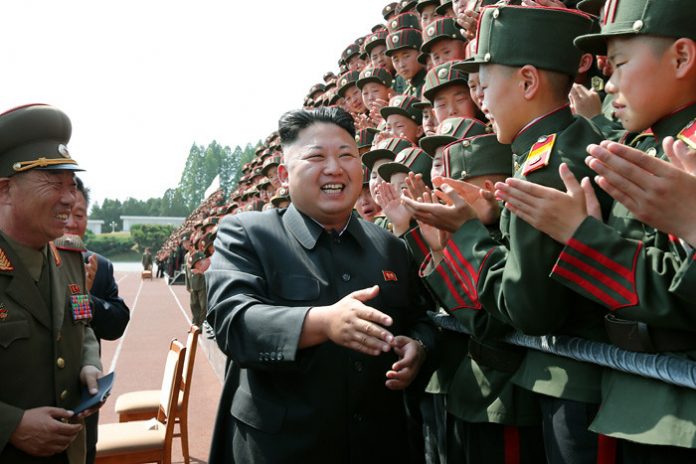North Korea’s dynastic ruling system has been working for the Kim family even though the Democratic People’s Republic of Korea (DPRK) is not a monarchy in its purest form. Mark R. Thompson in his 2012 article titled “Asia’s Hybrid Dynasties” argued that political dynasties were most likely to flourish in Asia, whatever the political system and these should be labeled modern hybrids in which elite political aims are linked to popular norms of charismatic legitimacy. Since Kim Il-sung, there has not been a question on who would continue the dynastic line of the Kim family as the head of the DPRK. However, since April 15th there have been rumors swirling around on Kim Jong-un’s health. The absence of the hermit regime’s leader from the April 15 celebrations to mark the birthday of his grandfather Kim Il-sung at the Kumsusan Palace of the Sun did not go unnoticed. Every year, Kim Jong-un has attended the momentous celebrations of April 15 but in 2020 his absence was uncharacteristic and has led North Korean observers to ask the question, “If not Kim Jong-un, then who?” Cheong Seong-chang, director of the Center for North Korean Studies at the Sejong Institute in South Korea went as far as equating Kim Jong-un’s absence as the closest thing to blasphemy in the North. The Kim dynasty has been at the helm of North Korean leadership since its conception and right now Kim Jong-un does not have an apparent heir because his children are still very young. Therefore, an analysis of how North Korea would carry on without the current supreme leader is necessary.
In 2012, Bruce Cummings in the article “North Korea’s Dynastic Succession” pointed out how North Korea has changed, and even the process of preparation for succession differed to when his father Kim Jong-il came into power. At that time in 2012, the dynastic succession to the supreme leadership of the hermit regime could have been clear compared to the current circumstances. The ceteris paribus conditions that might have made Kim Jong-un’s accession to power easy or predictable are not the same, that North Korea is currently being faced with. The fact that Kim Jong-un does not have adult children challenges the norm that any transition or succession would not cause havoc for Pyongyang. The systematic currents that have been set by the dynastic rule of the Kim family, position Kim Yo-jong (Kim Jong-un’s sister) as the apparent heir but it is not definite that systemic currents would guarantee the outcome of a continued Kim dynastic rule if Kim Jong-un is incapable. Kim Yo-jong has emerged as one of her older brother’s closest aides and was reinstated in early April as an alternate Politburo member of the ruling Workers Party of Korea. This puts Kim Yo-jong as the only member of the Kim family with the potential to succeed her brother due to her real power in the regime.
While Kim Jong-un before his ascension to power was already labeled as “beloved successor”, there is no concrete evidence yet that Kim Yo-jong is being molded into becoming the next supreme leader. In contrast, Lee Sung-yoon, a North Korea expert argues that “She is the natural heir to the throne, as the Kim family regime is more a dynasty than a republic.” In as much as Kim Yo-jong might be the immediate heir to the throne, she would have to deal with North Korea’s patriarchal elite, and it is not certain they would support the accession of a relatively young woman to be the country’s next supreme leader. The fact that she is from the Kim family could be one factor that works in motivating the North Korean political elite to accept her as a supreme leader because by virtue of her bloodline she would come with a guarantee of some political continuity. Furthermore, they would have to consider that Kim Yo-jong as a supreme leader would also be beneficial for regime survival and she is currently the most known political entity within and outside North Korea. This all stands on the assumption that the political elites in Pyongyang are still in favor of the Kim family’s hold on power.
The prestige of North Korea among its citizens is rooted in the image of the leader. This explains why Kim Jong-un has fashioned himself to look like a reincarnation of his grandfather Kim Il-sung. He maintains the same haircut and shaves his sideburns to resemble that of Kim Il-sung. It was as if his DNA had passed uncontaminated to the grandson (as no doubt the regime wants its people to believe). Now as a woman, Kim Yo-jong would be faced with unprecedented challenges to garner support in a country that has bound the prestige of its existence on its male leaders.
The DPRK is a state based on Confucianism. Thus, institutionalized seniority and masculinity are prevalent in North Korean political culture. Kim Yo-jong might currently be the most trusted ally of Kim Jong-un, but she faces a cultural firewall as the heir to the Kim dynasty. The history of South East Asia abounds with women who were rightfully positioned to take the reins of power, but the Confucian patriarchal political system did not let them. For instance in China after the death of Mao Zedong his wife Jiang Qing who was considered a powerful figure when her husband was alive could not succeed him because she was arrested for anti-party activities. How Kim Yo-jong would use the propaganda apparatus within North Korea to cement herself as the rightful supreme leader to continue her father and grandfather’s legacy without suffering the same fate of once-powerful East Asian female leaders like Mao Zedong’s wife — remains open for speculation.
It can be argued that any state that has invested its entire prestige on its leaders that have been men, presents an inevitable challenge for the next person who might not have the same features as the previous leader. For a state whether democratic or authoritarian that has had male leaders since its conception, it is challenging for a woman to break the patriarchal glass ceiling. This is particularly troublesome in autocratic regimes that have gender representation disparities. However, the possibility of a woman taking power in Pyongyang should not be equated with any softening in the country’s stance on foreign policy. It would also be a fallacy to assume that if Kim Yo-jong were to take over from her brother she would just be a figurehead.
The implications of new leadership in Pyongyang would not only affect North Korean politics but it could resurge tensions on the Korean Peninsula. The new leader would want to cement her/his hold on power and this could be done by deposing uncooperative top military generals in the North Korean Army and there would be a need to revert to testing nuclear arsenals, as the leader reestablishes totalitarian grip on power at home and shows her/his mettle to external enemies.
For Kim Yo-jong, assassinating political figures that pose a threat to the Kim family would not be something new. As a close aid for Kim Jong-un she has seen his ruthless nature up close, including when he ordered the execution by antiaircraft guns and flamethrowers of their uncle Jang Song-thaek in 2013. North Korean regime survival tactics have formed part of its foreign policy for decades and in a possible change of power, this would be exacerbated. Analysts have come to understand North Korea’s tactics and in some instances, they have been somewhat predictable but no one so far can estimate the extent to which a non-Kim ruled DPRK could exert its power to maintain the survival of the regime.
The views and opinions expressed in this article are those of the author.

Ian Fleming has an M.A. & B. A. in International Politics by the University of South Africa. He has been published in Asian Journal of Peace. His areas of research include nuclear diplomacy, cybersecurity, and foreign policy. He is currently serving as the Editor in Chief for IAPSS journal ADV and is the Chairperson of the IAPSS SRC on Conflict Security & Crime. Furthermore, he is a member of the Comprehensive Nuclear Test Ban Treaty Organization Youth Group. In addition, he is a board member of the British American Security Information Council’s Emerging Voices Network.


